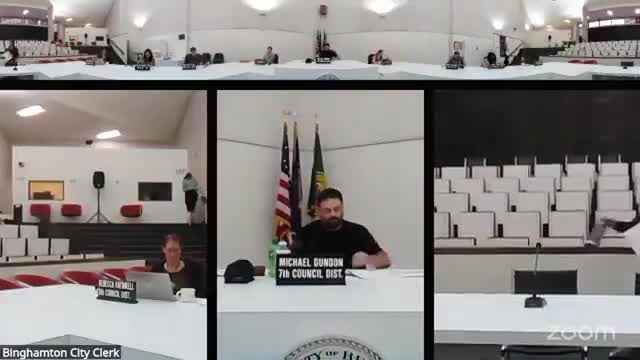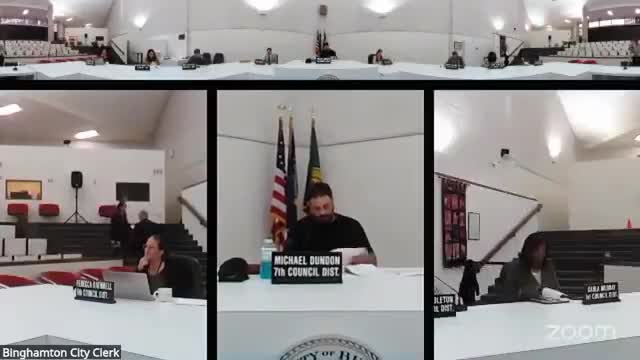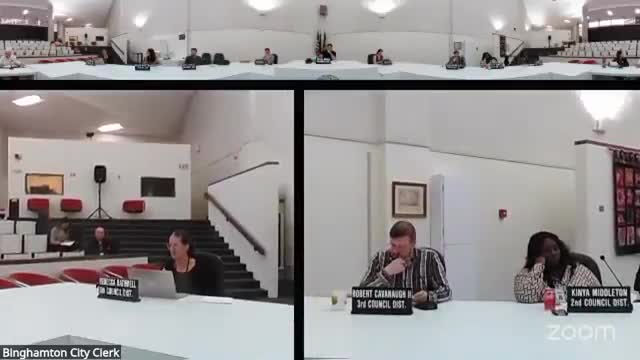Article not found
This article is no longer available. But don't worry—we've gathered other articles that discuss the same topic.

Council reviews DOT lighting, camera agreements for Route 363/434 Greenway; questions on long-term costs

Council expedites agreement for Schnaengle Street Viaduct mural funded by Broome County

